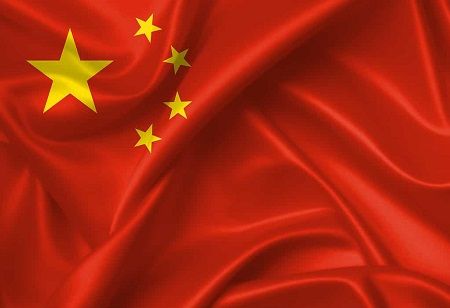
According to experts, Trump's victory will be a big win for India in terms of stemming the ongoing, rampant FII (foreign institutional investors) exodus, as Chinese stocks may face the wrath of Trump's poll promise of imposing a massive 60% tariff on imported Chinese goods and at least a 10% levy on all other imports.
This may have a direct impact on export-oriented Indian sectors such as information technology, pharmaceuticals, and textiles. While Indian generic medication shipments to the United States may face higher tariffs, India's information technology exports may also suffer.
Furthermore, while a Trump victory may spark a brief surge in Indian markets, sustained growth would be tough, owing to dismal corporate results and high valuations that currently plague the Indian markets. However, gold prices may rise, increasing demand as a haven.
Notably, Trump's economic policies will be a significant change from existing ones, which were to have some continuity under Harris' administration. According to ICICI Securities, "a Trump sweep may push interest rates higher." The Republican approach could result in increased tariffs and tax cuts, increasing fiscal deficit pressure and serving as a vector for inflationary tendencies.
A tougher interest rate environment under Trump may potentially put the RBI on the back foot in terms of lowering interest rates in India. ICICI Bank predicts that after Trump's election, US 10-year rates will reach 4.4%-4.5%.
Nomura argues that if Trump is elected, India will benefit since domestic demand drives the country's economy. "Lower commodity prices owing to the hit to China's growth and lower oil prices, due to a greater push towards fossil fuels, will be beneficial for India," the company noted.
A Trump victory might also cause UST 10-year yields to climb, which would most certainly have a knock-on impact, raising the Indian 10-year benchmark yield to above 6.90%.
In anticipation of the results, key indices Nifty and Sensex began the day in the green. While the Nifty edged beyond 24,000 to trade at 24,363.25 points, the Sensex was trading at 80,001.74 points. During today's trade, sectoral indices such as IT and real estate rose by more than 3% and 2%, respectively. On the other side, India's VIX fell by more than 6%.
Justin Khoo, Senior Market Analyst, APAC, argues that Trump is focused on tariffs, whilst Harris is focused on industrial policy; nonetheless, Congress will mostly dictate future policy direction. Regarding India's equity market outlook, the Nifty 50 index has increased by more than 200% since March 2020. "However, recent volatility, disappointing first-quarter results, and an economic slowdown caused by weather interruptions have tempered optimism. Strong domestic investor involvement promotes market liquidity, however international inflows have declined due to election uncertainty," he added.
We use cookies to ensure you get the best experience on our website. Read more...